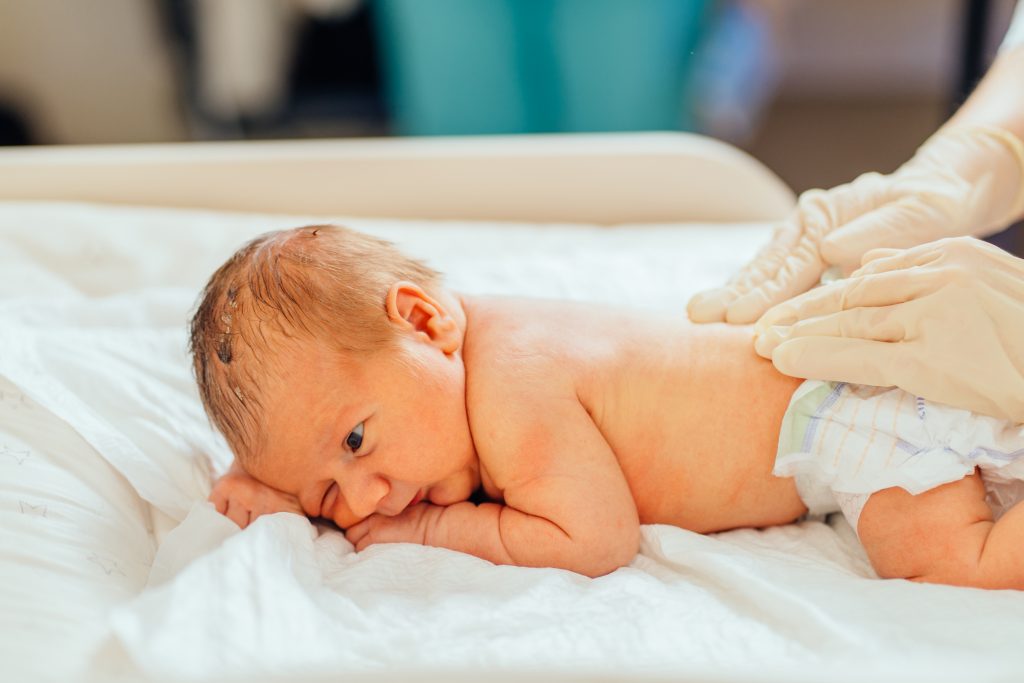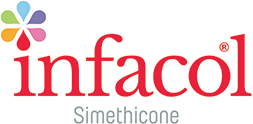Child Health Nurses (CHNs) are health professionals who are trained to provide information, guidance and support around child health and development from birth to school age. In Australia, it is free to attend a Child Health Clinic and see a nurse. Some CHNs work in schools or early parenting centres, providing a different range of supports.

There are key ages and stages when it can be helpful for babies and children to visit a CHN to assess their health and development.
Routine health checks
Are done as part of a CHN assessment – health checks can happen:
- At birth
- 1-4 weeks
- 6-8 weeks
- 4 months
- 6 months
- 12 months.
Sometimes more regular or frequent visits are recommended, especially when there’s a need to more closely monitor a child’s growth, or there are concerns about their development. Drop in clinics without an appointment are also available at many child health centres. When a baby is born small for their gestational age, was premature or they have health problems, more regular health checks can be very helpful.
First, your CHN will ask your permission before they examine your baby. They will also ask you to sign some paperwork which shows you are giving your consent for their support. They will explain to you what they will be doing, what they are checking for and the reasons why.
Ask the CHN if you are unsure about anything during your baby’s examination. It’s important you understand what they are looking for and the underlying reasons why.
All CHNs are guided in using evidence based practice. They also have access to the most up to date sources of evidence around development, feeding, sleep and general baby care.
How will the Child Health Nurse check my baby?
- Your CHN will wash their hands and position your baby on an examination table to check them over.
- They will ask you if you have any concerns or worries about yourself or your baby. This is a good time to talk about anything you could be worried about. Be reassured that the CHN wants you to ask and has more than likely answered the same question from parents many times before.
- Most CHNs work their way down from the baby’s head when they are doing an examination and start by checking the baby’s head, including their fontanelles and head shape.
- They will also do a ‘quick assessment’ which involves looking at your baby’s behaviour and movements and how they are responding. Your baby’s alertness, response to an unfamiliar person and their overall colour will also be checked.
- Your baby’s eyes may be checked, including their corneal light reflex. This is an assessment which helps to diagnose if a baby has a squint.
- Their face, mouth, ears and nose are checked for any abnormalities, discharge and shape.
- They will need to undress your baby so they can do ‘head to toe’ examination. They will also (bare) weigh your baby and measure their length and head circumference.
- The CHN will check your baby’s skin for any rashes or marks.
- At certain ages, your baby’s eyes, hips and leg length will be checked. Their vision and hearing will be tested too, but not at every visit.
- You’ll be asked specific questions about your baby’s feeding, sleep, behaviour and if you have any concerns about their development. Your CHN may do some tests to assess your baby’s development.
- Your CHN will plot your baby’s weight, head circumference and length on Percentile or growth charts. These are used to compare an individual baby’s growth against others of the same age and gender. What’s important is the pattern of growth over time and how the baby is ‘tracking’ along the same or a different curve. Sudden increases or decreases can mean further investigation is required.
- Some CHNs also offer childhood vaccinations at clinic appointments. Check the Australian Childhood Immunisation Schedule for the ages and types of vaccines which are recommended.
Tips for your baby’s check with a Child Health Nurse
- Take your baby’s Personal Health Record book to the appointment. Your CHN will need to record your baby’s weight and measurements and may write down some information for you.
- Make a list of questions you may want to ask the CHN. It’s common for parents to forget at the time of the appointment.
- Ask about contact support if you need to get some guidance in-between appointments. Ask for a list of supports and contact agencies if you need them.
- Take a clean nappy or two and a change of clothes for your baby with you to the CHN appointment.
- It can help to know that just as important as the physical checks your CHN will be making, will be their observations around how you and your baby respond to each other.
- You may be asked by the CHN to fill out a Edinburgh Post Natal Depression Scale (EPDS) at one, or more of your visits. This is a numerical scoring tool which helps to identify symptoms of depression and anxiety in the postnatal period.
Remember
The Child Health Nurse is there for you and your baby.
Written by Jane Barry, Midwife and Child Health Nurse, February 2024.



